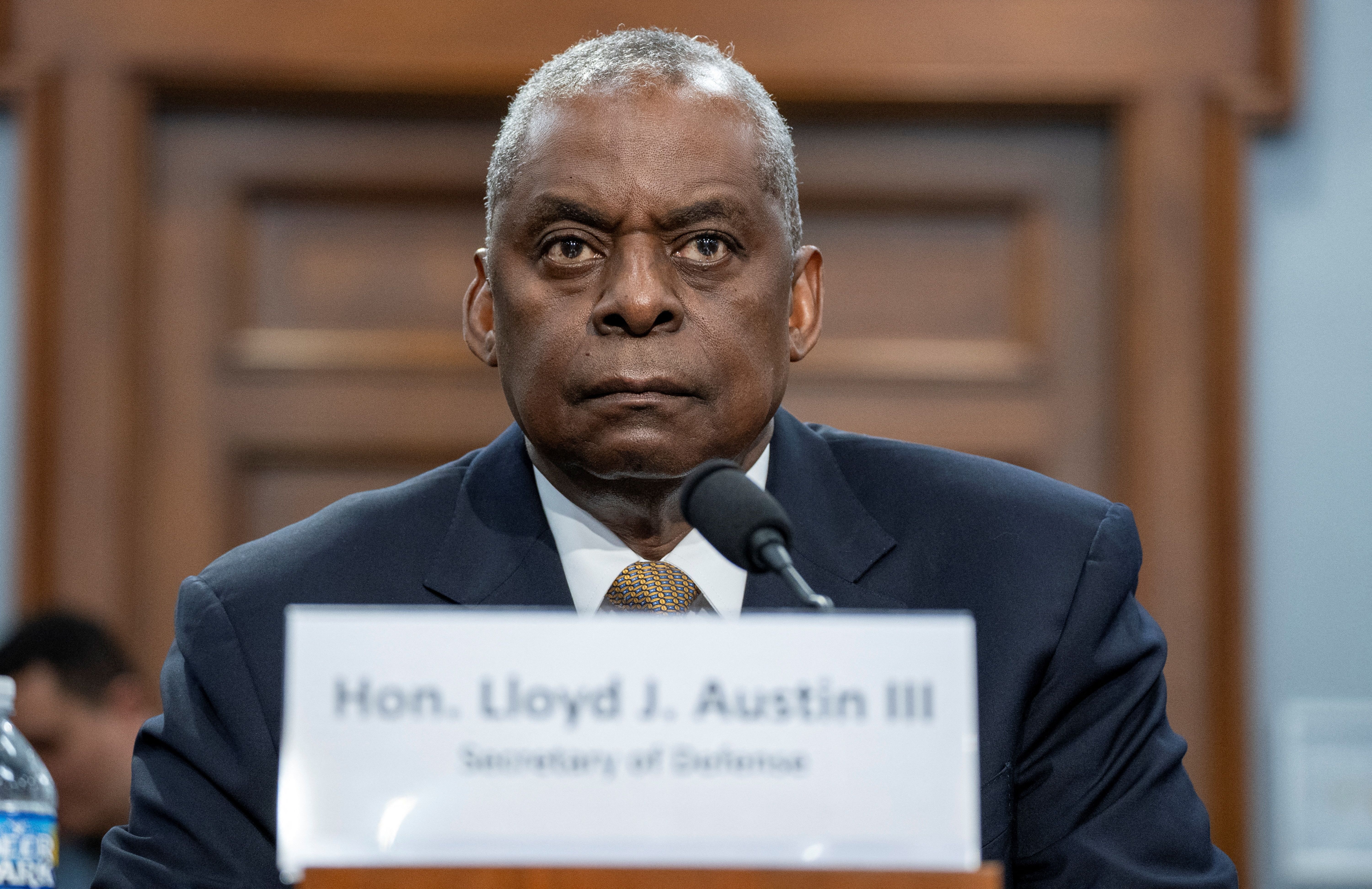In a hearing of the House Armed Services committee today, Rep. Matt Gaetz (R-Fla.) pressed Secretary of Defense Lloyd Austin about the potential harms' way that U.S. service members might be in while they work on the planned humanitarian pier project in Gaza.
Bottom line: U.S. military will be armed (they always are) and will have the ability and authority to defend themselves if they are shot at from the beach (ostensibly they will be on the pier that will be anchored to the Gaza coast). When Gaetz asked if there was a likelihood they will encounter unfriendly fire, Austin said yes.
More:
Gaetz: (Ms. Slotkin) just said there'll be about 1,000 U.S. service members operating a pier system off of Gaza. How many of them will have guns, Mr. Secretary?
Austin: Typically all of the deployed service members carry guns, and they have the ability to protect themselves if challenged.
Gaetz: If someone from land in Gaza shoots at our service members who are on the $320 million pier that we're building, you're telling me our service members can shoot back?
Austin: They have the right to return fire to protect themselves. Now, again ...
Gaetz (interrupting): I want to move to the likelihood that you think someone from land in Gaza might shoot at our service members on this pier. Do you think that that's a likely scenario?
Austin: That's possible, yes.
Gaetz: This is a very telling moment, Mr. Secretary, because you've said something that's quite possible, that could happen, right? Shots from Gaza on our service members, and then the response our armed service members shooting live fire into Gaza. That is a possible outcome here so that we can become the Port Authority and run this pier. Right?
Austin: That's correct. And I expect that we will always have the ability to protect themselves.
Gaetz: Don't you think that counts as boots on the ground? President Biden told the country that we weren't going to have boots on the ground in Gaza.
Austin: And we won't.
Gaetz: Okay, but you guys parse the distinction between... Like when Americans think boots on the ground, they think Americans in harm's way or engaged actively in a conflict. You guys seem to be sort of saying that boots on a pier, connected to the ground, connected to service members shooting into Gaza doesn't count as boots on the ground?
Austin: It does not.
Gaetz: I think you're gonna find the the American people have a different perspective on that. And if we're gonna have people shooting into Gaza, we probably should have a vote on that, pursuant to our war powers.
Watch:
















